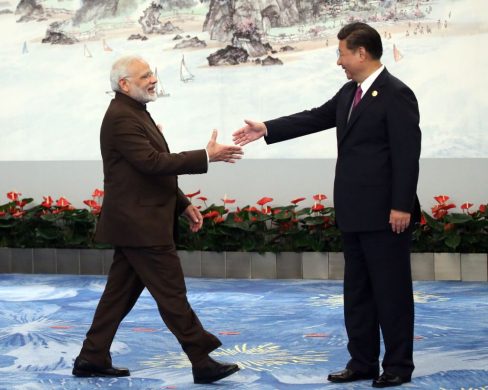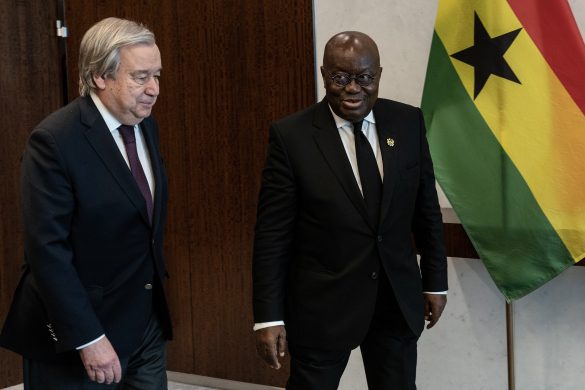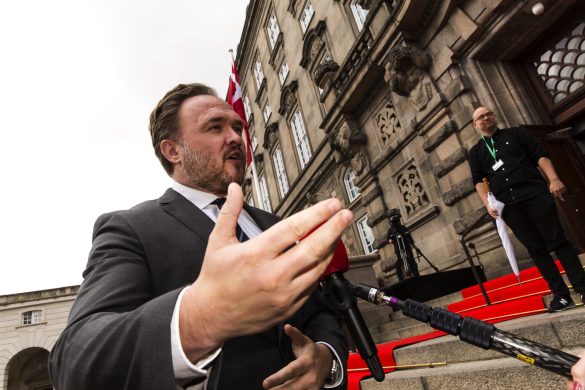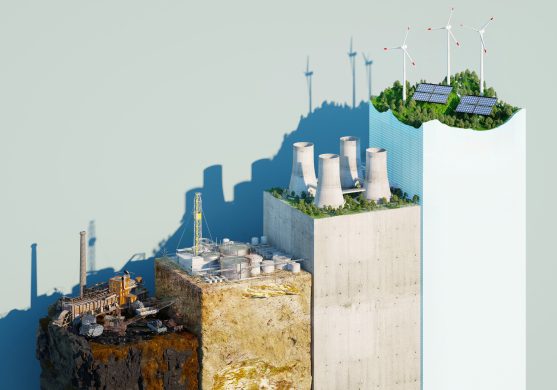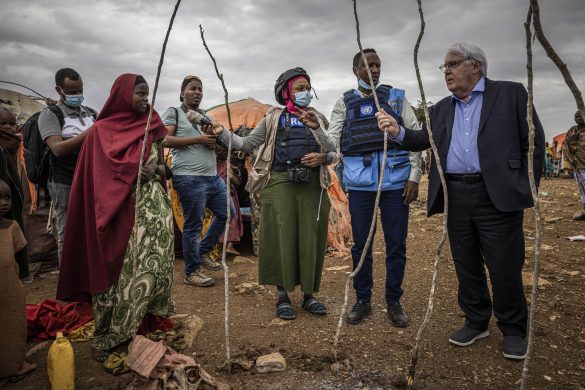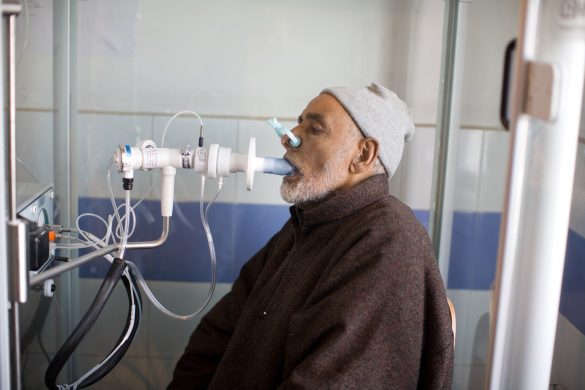WikiLeaks afslører, at US – diplomater pressede Bangladesh til at genåbne en mine, som var lukket efter folkelige protester mod sikkerheden, oplyser den nordamerkanske NGO International Accountability Project torsdag.
PHULBARI, BANGLADESH, 23 December 2010: When the news broke yesterday that a WikiLeaks cable revealed US diplomats secretly pushed the Bangladeshi government to re-open plans for a massive coal mine, the cable provided evidence that confirmed concerns raised since 2008 by a national organization in Bangladesh and international human rights groups, including San Francisco-based International Accountability Project:
“WikiLeaks cables prove that US officials chose to ignore the tens of thousands of Bangladeshi people marching in the streets to oppose this mine. Behind closed doors, they aggressively pushed for a reckless coal project that would evict and impoverish thousands in Bangladesh-and line the pockets of a few hedge fund managers in the U.S.,” commented Joanna Levitt, Executive Director of International Accountability Project.
The WikiLeaks cable refers to the proposed Phulbari Coal Project-a vast coal extraction scheme that would create one of the biggest open-pit coal mines in the world. The mine would destroy over 6.000 hectares of productive farmland in an area that currently serves as an agricultural breadbasket for Bangladesh. In addition, a 2008 Expert Committee Report commissioned by the Bangladeshi government found that nearly 130,000 (129,417) people would be forcibly evicted from their homes and lands, most of whom are indigenous and farming families with multi-generational ties to the land.
Efforts to push this project forward have already resulted in bloodshed. In August of 2006, paramilitary forces opened fire on thousands of peaceful demonstrators opposing the mine, killing three people, including a 14-year-old boy, and injuring more then 200.
The WikiLeaks cable includes comments by US Ambassador to Bangladesh, James Moriarty, that, “Asia Energy, the company behind the Phulbari project, has sixty percent US investment.” In the cable, sent in July of 2009, Moriarty also states that he urged the prime minister’s energy advisor to authorize coal mining, saying the “open-pit mining seemed the best way forward.”
“We have seen for decades that the US Embassy works as lobby staff for corporations-and not for the people,” commented Professor Anu Mohammad of Jahangirnagar University and Secretary of a nation-wide people’s organization, the National Committee for the Protection of Oil, Gas & Minerals.
International Accountability Project (IAP) has been following the case since 2008, partnering with Professor Mohammad and others in Bangladesh to conduct field research on the scale of forced eviction and displacement that the mine would cause, and to pressure investors to withdraw their support for the project-including the Asian Development Bank and Barclays.
“While US media attention on WikiLeaks has focused on the possible threats to security,” Levitt added, “we cannot let it go unnoticed that these cables also reveal hugely problematic entanglements between US governance abroad and US corporate interests at home.”
“If a mine like Phulbari goes ahead,” said Professor Mohammad from his home in Phulbari, “it is not just our local people here who lose when our homes and lands are destroyed. All people lose, US people too, because environment is a global issue-and the environmental impacts here would be huge.”
Global Coal Management Resources plc (GCM), a UK-based company, and their wholly owned subsidiary Asia Energy Corporation (Bangladesh) Pty Limited, control the Phulbari Coal Project, their sole asset. Nearly 40 per cent of all GCM shares are owned by the four companies that make up the Luxor Capital Group, all of which are owned by Christian Leone, a US citizen who also operates a New-York-based hedge fund in his own name.






